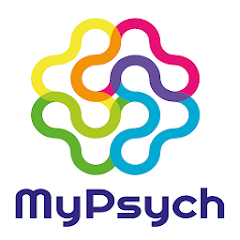Functional disorders are disorders at the interface of psychiatry and medicine.
Around 15% of new patients in UK neurology clinics have symptoms that are functional or dissociative.
Functional and dissociative neurological symptoms have been given different names over the years including Conversion Disorder, Psychogenic, Non-organic, Psychosomatic, Somatisation disorders.
Functional neurological disorder (FND) is caused by problems with the functioning of the nervous system - a ‘software’ rather than a ‘hardware’ problem.
